Can Guinea Pigs Eat Nectarines? Benefits And Risks
Can guinea pigs eat nectarines, and is it safe for them to eat? Yes, your pet can eat nectarines. However, there are some things that you need to keep in mind to ensure safe feeding.
For one thing, nectarines have a pit. You should remove this first before feeding it to your guinea pigs.
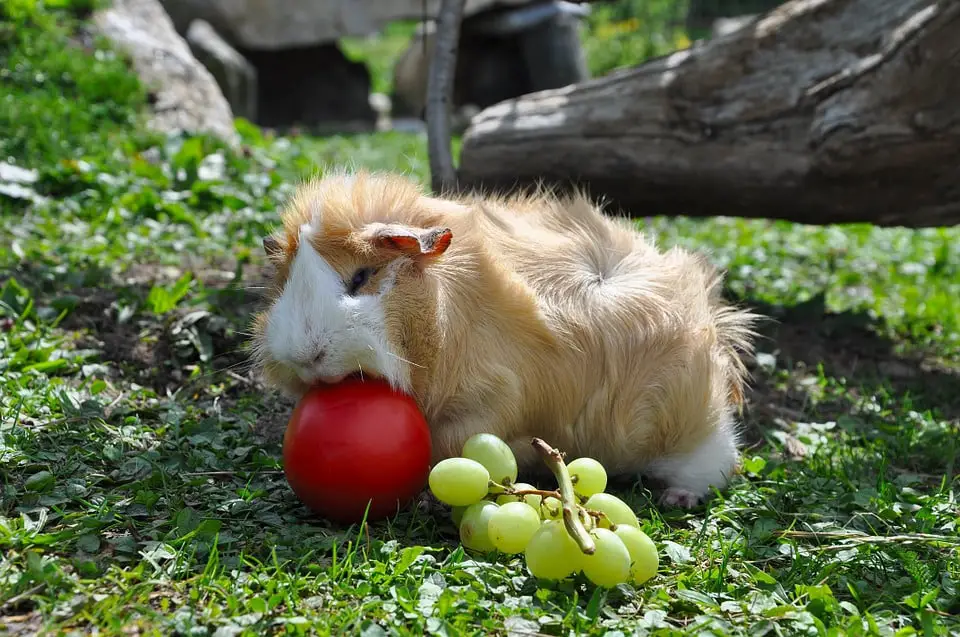
Another thing is the fact that this fruit is too sugary and sweet; that is why it is not that good for them. Although it is delicious, the guinea pig’s stomach cannot correctly digest sugar.
Nonetheless, you can give it to them as a diet treat and not a part of their regular diet.
In the following sections, you’ll find out how to serve it to them safely to avoid any health-related issues, especially those that are brought about by too much sugar intake.
That includes all the crucial facts that you need to know.
Can Guinea Pigs Eat Nectarines?
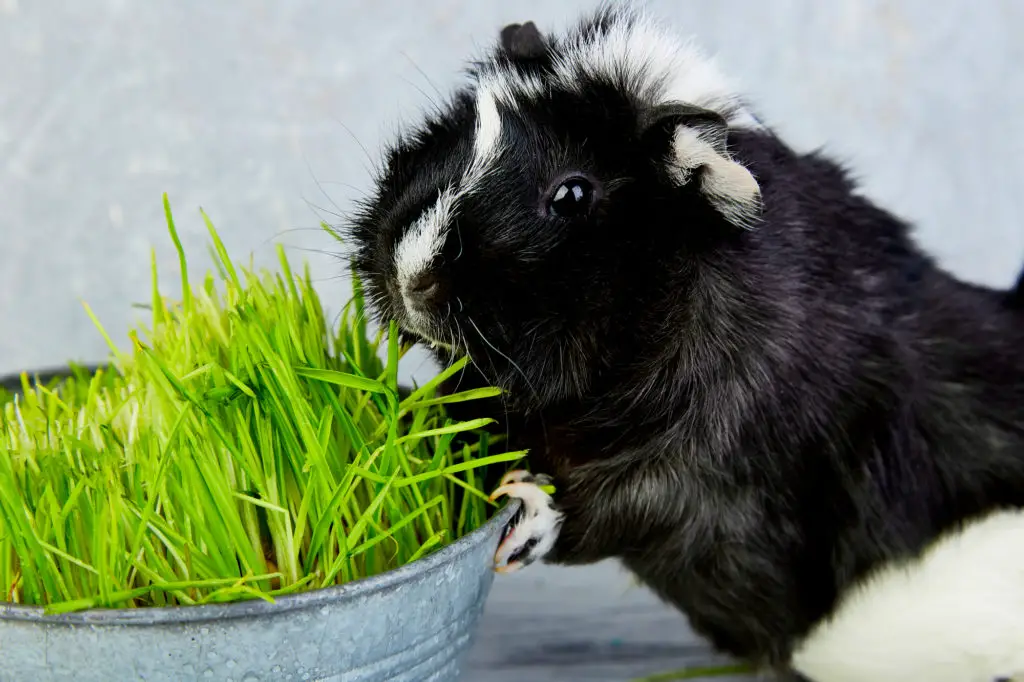
Can guinea pigs eat nectarines?
Well, here are some of the health benefits if you’ll feed them nectarines:
Health Benefits Of Nectarines
-
Energy
Nectarines can be an excellent source of energy that is because this fruit contains carbs and proteins.
Much more, it contains riboflavin that helps in the conversion of proteins and carbs into energy that can last for the entire day.
Riboflavin or Vitamin B is also involved in delivering oxygen to the entire body.
-
Healthy weight
As long as it is consumed in moderation, eating nectarine can help in maintaining your guinea pig’s healthy weight. This fruit does not contain a high amount of calories, so the risk for obesity is low.
-
Improves their cardiovascular system
Due to the fact that nectarines contain potassium copper, iron, niacin, fats, and cholesterol, the risks of heart-related issues like hypertension or stroke would be relatively low.
The cardiovascular system of your pet will function perfectly.
This fruit will also help in keeping the blood vessels of our pet unclogged since it contains low fat and zero cholesterol content.
Furthermore, there is also iron that helps in preventing anemia as well as potassium that improves blood circulation.
Other than that, there is also a presence of copper that is responsible for increasing red blood cell count.
-
Antioxidants for good immunity
All food containing vitamin A is good for the guinea pigs since it keeps their immunity in good shape. Being an antioxidant, this vitamin is responsible for blocking the damage that is caused by free radicals.
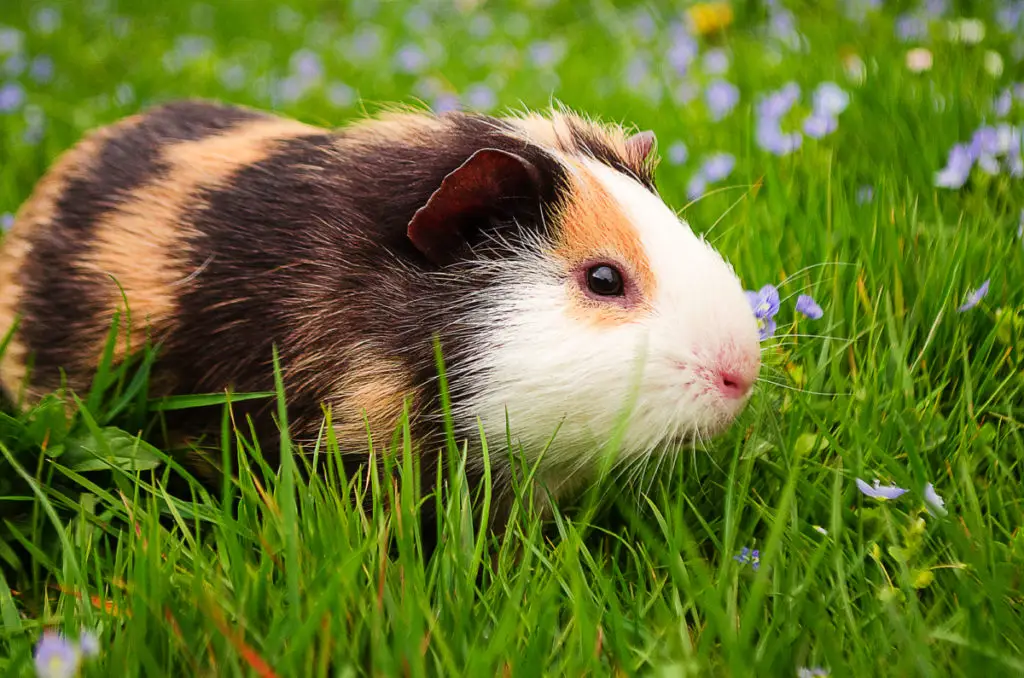
It neutralizes the reactivity of free radicals and prevents the damage caused by them.
Without vitamin A, this could lead to early aging as well as cause diseases.
As such, it is safe to say that if they consume food rich in vitamin A, all of the organs in their body will be healthy.
-
Helps in the prevention of scurvy
Nectarines are also a good source of vitamin C that helps in keeping your cavies healthy.
Giving them food that is rich in vitamin C will prevent the risks of scurvy – a fatal disease that is common for rodents that are lacking this particular vitamin.
Recommended Serving Size
If you are serving nectarines along with other kinds of fruits, the total fruit consumption should not exceed a couple of times a week, again due to its high sugar content.
An excessive amount of sugar can lead to weight gain and obesity which results in diabetes.
To maintain their balanced diet, treat this fruit as their dessert. Just like us, we won’t splurge on dessert too much if we are concerned about our weight.
Avoid feeding your cavies with large servings. A slice of nectarine per serving would be enough.
Remember, too many nectarines can begin to negate its health benefits, instead start causing some issues. The slices should also be small enough for them to eat easily.
Risks Of Feeding Your Guinea Pigs With Nectarines
If you serve your guinea pigs with nectarines that are more than the suggested serving size, it could lead to some risks that include stomach aches and urinary problems.
It contains about 7.89 g of sugar per 100 g of nectarines.
Since it contains a high amount of sugar, guinea pigs might experience loose stool or belly aches if they are served with too many nectarines.
Aside from that, this fruit has also a calcium content that is acidic in nature.
Calcium is essential for bone health in growing guinea pigs but once they are adults the excessive amount of this kind of mineral can create urinary stones, and in worst cases, it could lead to renal failure that is incurable at this stage and usually proves fatal.
How To Prepare Nectarines For Your Guinea Pigs?
Even though nectarines are simply served raw to guinea pigs, there are some things that you have to take into account when preparing them.
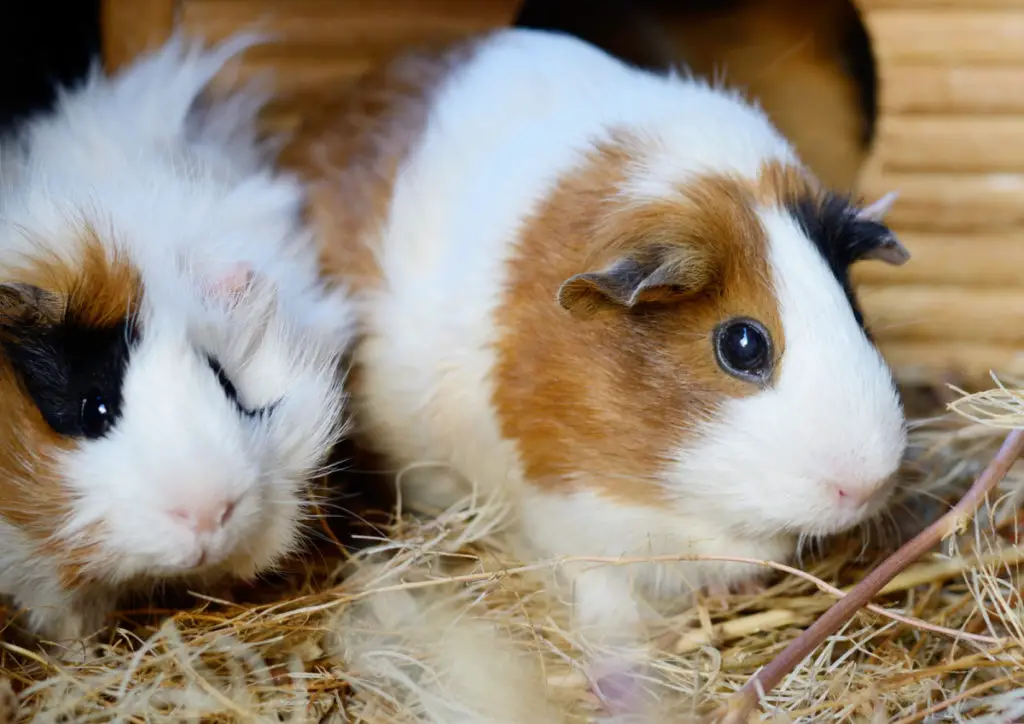
If you ensure to remember all of these, your guinea pigs can eat this fruit comfortably and safely.
And of course, it would be nice and pleasant on our part if we didn’t serve our little pets with dirty nectarines. Anyways, here are some simple steps that you have to do before serving your pets with nectarines.
#1 Wash the skin properly
Make it a habit to wash the skin properly prior to feeding your cavies.
Guinea pigs can eat the skin of nectarines; however, they are usually inorganically sourced. There is a high chance of pollutants present on the skin.
It could be from pesticides or any other waste from animals. All of these can harm your guinea pig.
Fortunately, if you wash the skin, all those residues will be gone.
Some guinea pigs do not like to eat the skin of nectarines because of its taste or texture, in such cases, you can always remove the skin before serving.
#2 Remove the pit
Nectarines have a huge pit in them. Always make sure to remove this pit first before feeding it to your guinea pigs. The fruit that you will be serving your pet should be free of seeds, pips, and of course, pits.
This is a safety precaution because pits can contain cyanide that causes your pet to suffer if they eat it.
#4 Serve in small sizes
Before giving them to your guinea pigs, you also have to cut down their sizes first. Smaller pieces will be more comfortable for them to eat.
More importantly, doing so will let you control the serving portion.
Even if you are feeding this fruit only once a week, their nectarine consumption is still excessive if the slices are large.
And since it is too much, there is a higher chance that your guinea pigs will be experiencing its adverse effects more, rather than its supposed health benefits.
#5 Clean the bowl
Just like how you feed your pet with any other food, you should always remove any pieces of nectarines that are left uneaten from the bowl.
If you failed to do so, the food left could cause the growth of bacteria.
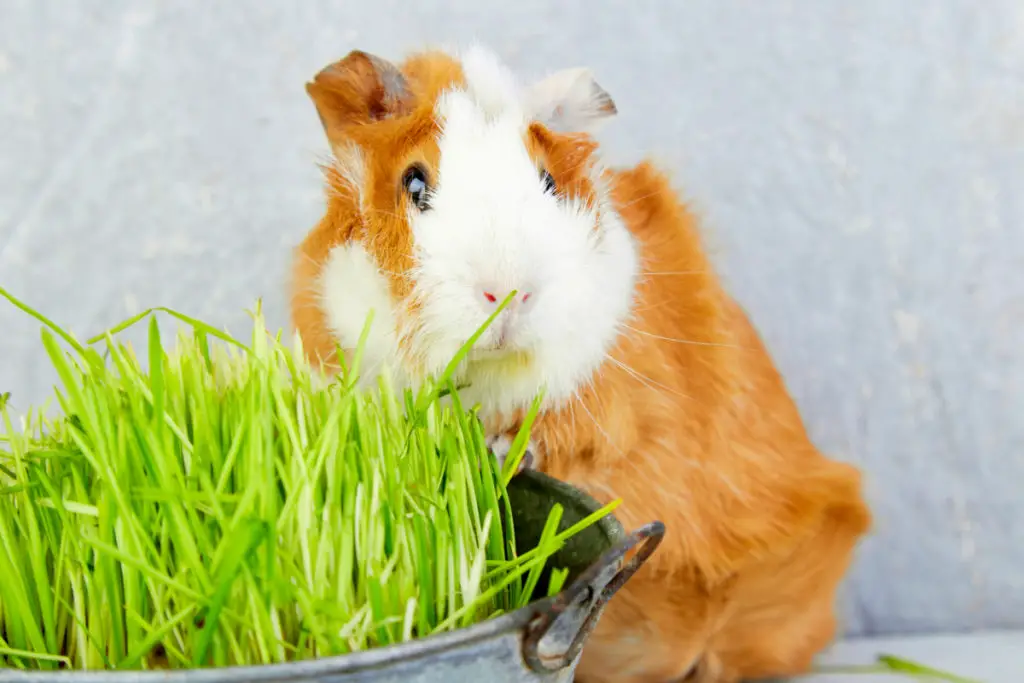
In addition to this, it will also encourage your cavies to overeat, leading to obesity.
You can only leave in their bowl for about an hour two. More than that, you should remove everything that is left.
Conclusion
Can guinea pigs eat nectarines? Yes, they can, but only in moderation. In fact, this delicious fruit would be a great treat to your guinea pigs that should not be given more than once a week in small amounts.
Although this fruit is acidic in nature as well as high in sugar and calcium, your guinea pig can still enjoy its benefits if the suggested serving is followed.
Avoid feeding canned, cooked, or dried nectarines—just the fresh ones.
You should also add other fruits to your pet’s diet to provide a healthy, balanced, and diverse diet.
